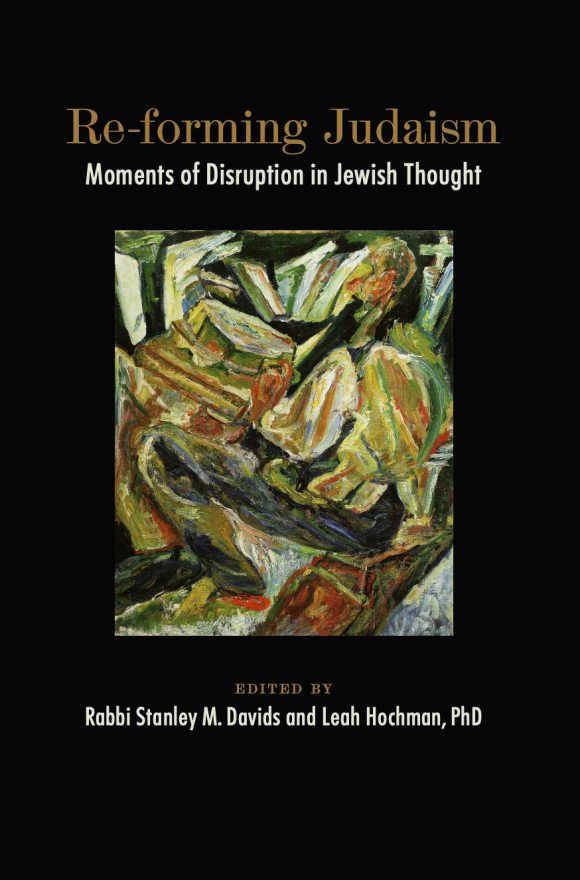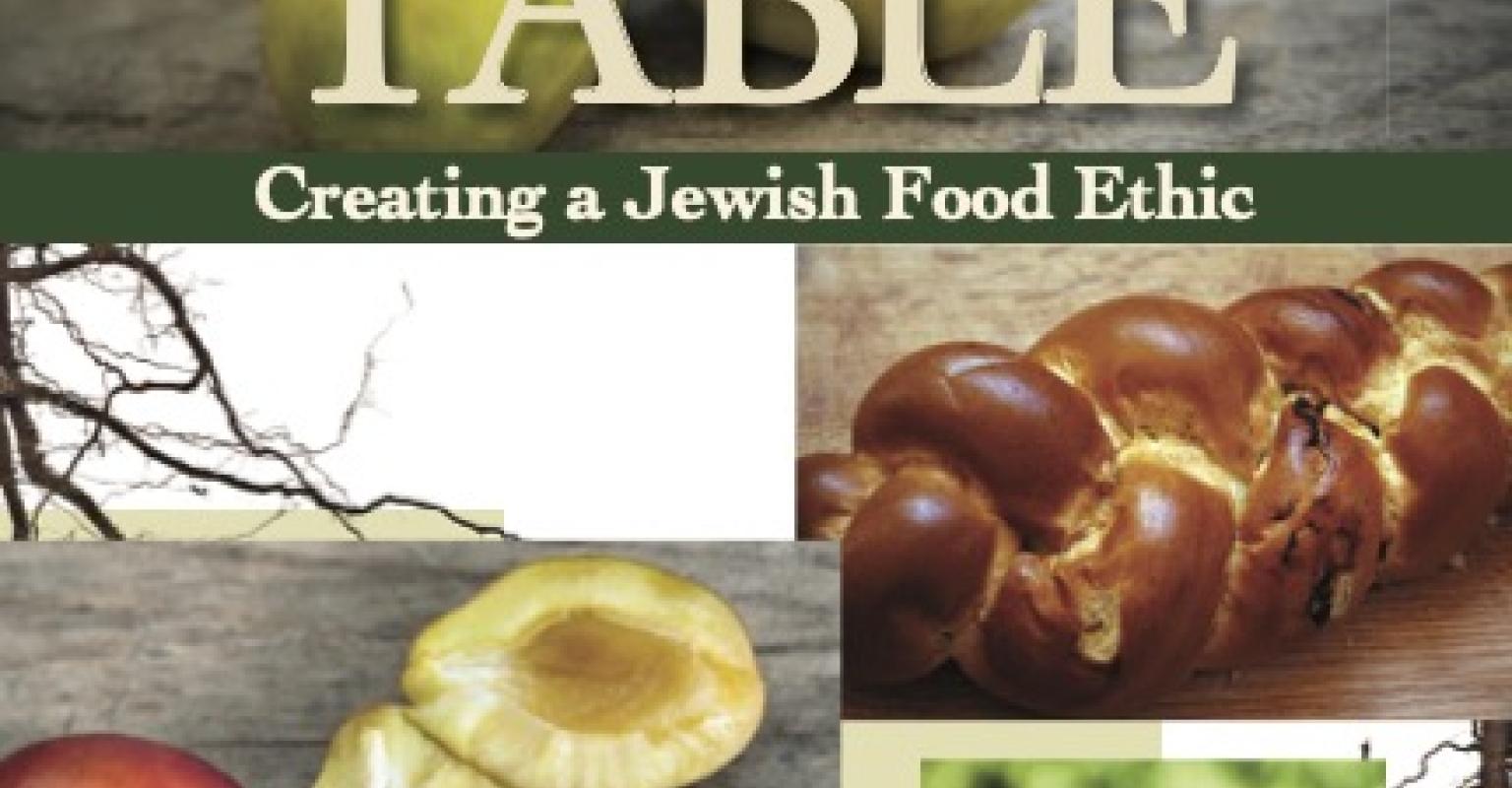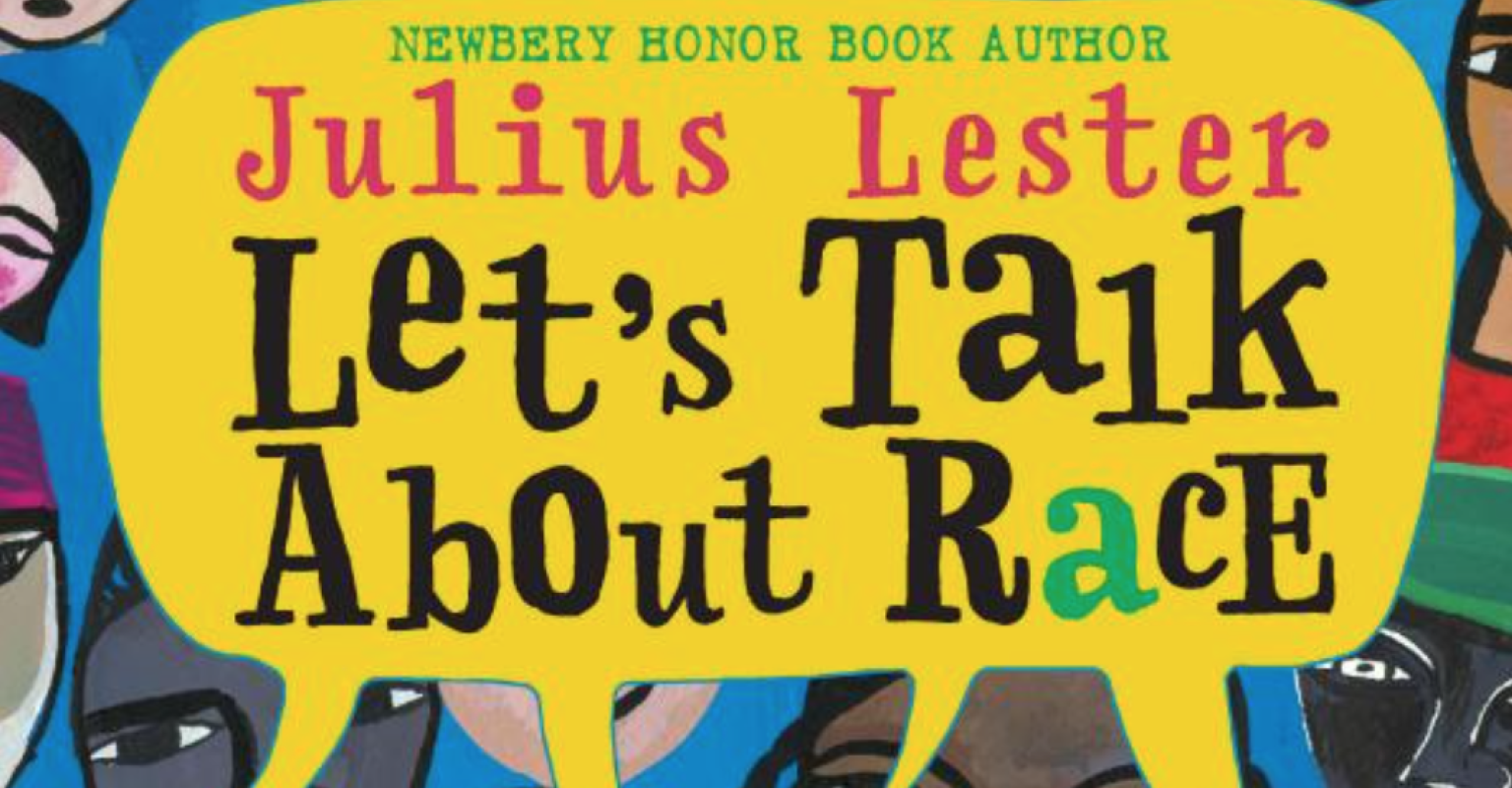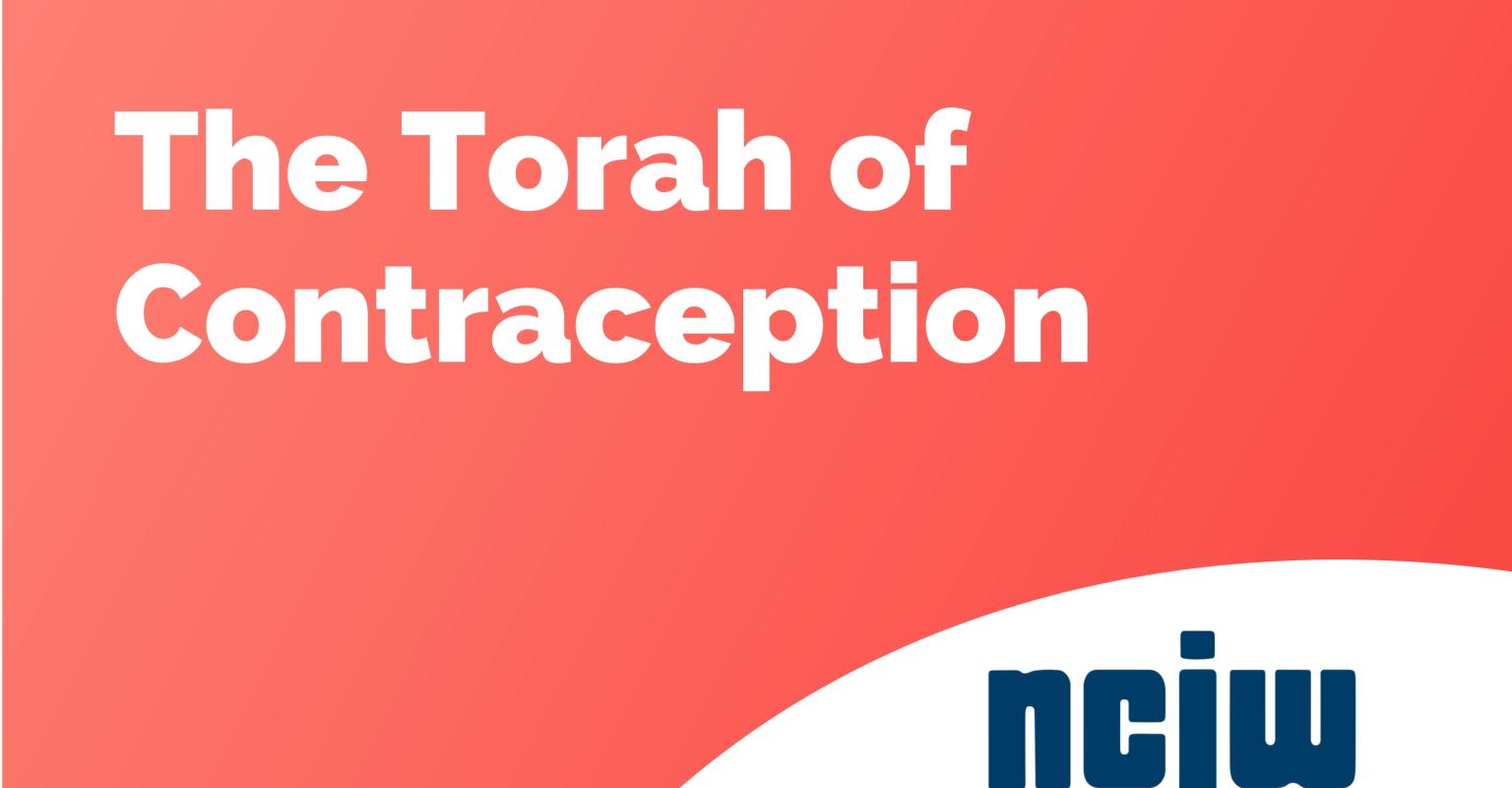Re-forming Judaism: Study and Discussion Guide
Re-forming Judaism: Moments of Disruption in Jewish Thought explores and examines disruptive changes throughout Jewish history and how Jewish people’s responses to them have re-formed Judaism time and again over millennia. Chapters span centuries of Jewish thought and practice, and we see that “the path from the ancient Middle East to contemporary liberal Judaism [was] most certainly neither linear nor predetermined” (xiv). Although we can neither understand all of the antecedents nor predict the outcomes of the disruption, we can witness them over time.
This guide, written by Deborah Bell, is designed to enhance the teaching and study of the twenty-one distinct chapters in Re-forming Judaism for adult and teen learners. The guide will facilitate learning in numerous environments such as in adult education classes (e.g., in synagogues, community centers, campus Hillels), book clubs, and chavruta (paired learning), to name but a few. It will also do the same for individual learners. Because each chapter focuses on a distinct topic, each has its own teaching plan in the guide. Yet all are organized in the same format, consisting of the following elements:
- Key ideas: excerpted text that focuses on core themes and changes at the center of each chapter.
- Discussion questions: questions crafted to encourage deep engagement with the texts and facilitate expansive learning.
- Personal reflections: prompts that provide learners with opportunities to engage retrospectively, as well as prospectively, with ideas and arguments in the texts to consider how disruptive changes have affected their past, present, and how they could affect the future—not only in their lives, but also in broader populations.
This guide was created to not only facilitate deep engagement and learning of the material, but to also increase the sense of community and shared history that study of our people, history, and traditions can elicit.

- Jewish History
- Jewish Peoplehood
- Jewish Text and Thought
- Congregational Learning
- Teen Engagement
Discover more

This guide will help readers explore Jewish dietary practices.

Spark a classroom discussion about race through the lens of a Black Jewish convert's story.

A guided text study of the sources that undergird Judaism’s approach to the use of contraception.
